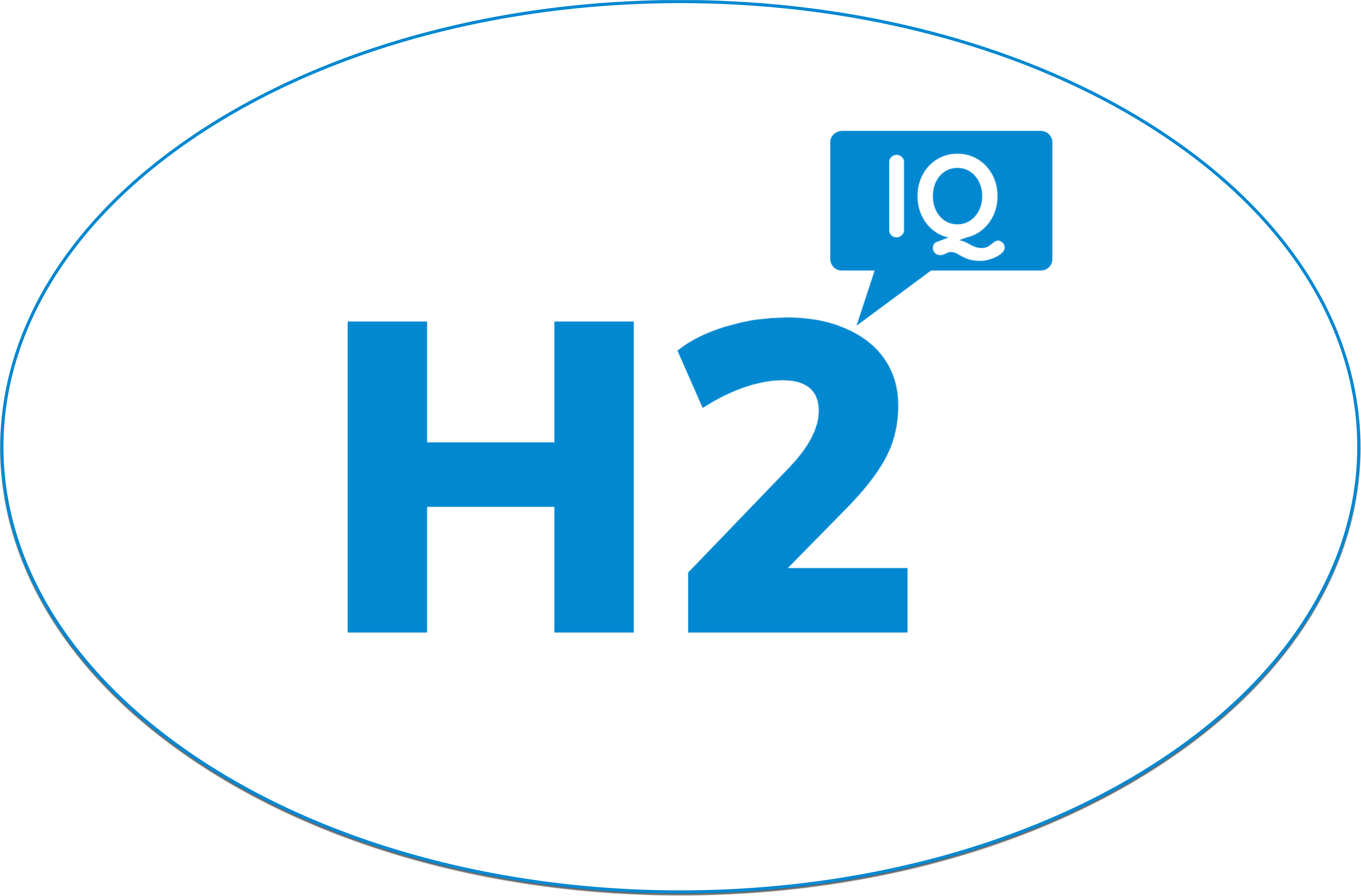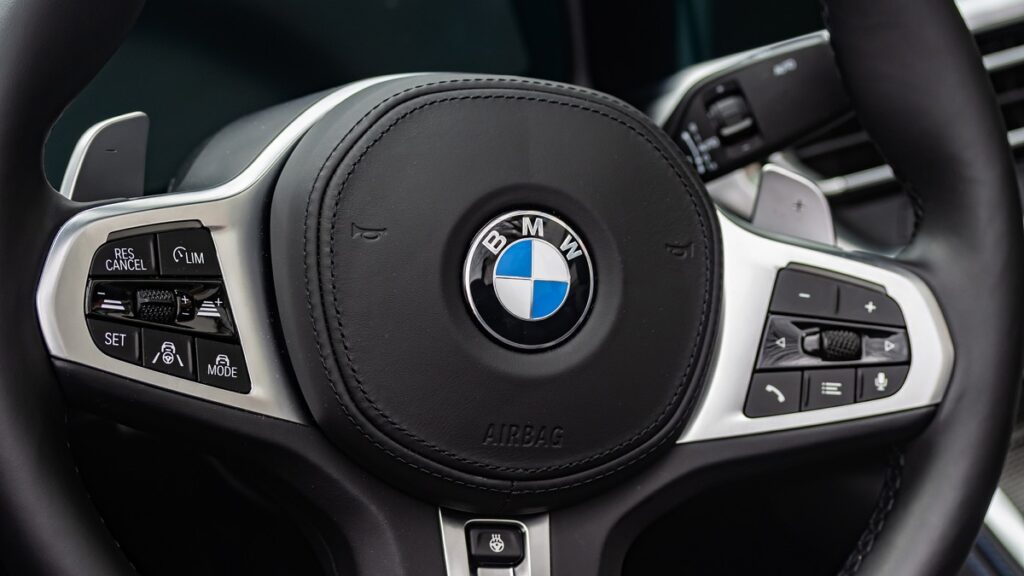BMW recently began production of fuel cell systems for use in the new iX5 sport utility vehicles (SUVs). This supports a push toward greener fueling systems, with hopes of mass production as early as 2025.
The BMW iX5 Hydrogen is similar to an electric vehicle, except they use hydrogen fuel cells to power the motor instead of a battery.
Hydrogen is rarely found on its own, so it must be separated from its compound form to create fuel. This can be done using several methods, but in the iX5 series, it occurs in a two-tank fuel cell system.
The iX5 fuel cell is at the front of the vehicle, drawing hydrogen from two cells. The individual cells are assembled into a fuel stack, and the other components are fitted to produce a cell system. The electricity created in the system powers the electric meteor and charges a battery to help power the motor. Together, it delivers 368 hp of electricity.
Hydrogen fuel is steadily gaining popularity as a climate-friendly fuel option. Its primary emission is water vapor, giving it the potential to reduce greenhouse gas emissions and create a more renewable fuel source. However, most hydrogen production comes from natural gas and coal, and using low-carbon energy sources is expensive.
Keeping environmental concerns in mind, BMW aims to “ensure our customers’ mobility and to be as climate-friendly as possible,” said Oliver Zipse, chairman of the Board of Management of BMW AG, in a statement from early August.
“The role of hydrogen in individual mobility also needs reassessing. In our view, hydrogen is the missing piece of the puzzle that can complement electromobility in places where battery-electric drivetrains are unable to gain traction,” Zipse added.
BMW is not the first car manufacturer to pursue hydrogen fuel cells. The company is working alongside fellow hydrogen fuel supporter, Toyota, who will be sourcing the fuel cells for the iX5 systems. However, it is the last German car manufacturer to pursue hydrogen drivetrains after Mercedes and Audi dropped their hydrogen test fleets to focus on battery-powered vehicles.
The iX5 Hydrogen will not be available for purchase by consumers but will instead be used for field tests and demonstrations. BMW plans to start delivering hydrogen vehicles to selected partners by the end of the year, with hopes to have hydrogen-electric models available to consumers as early as 2025.





